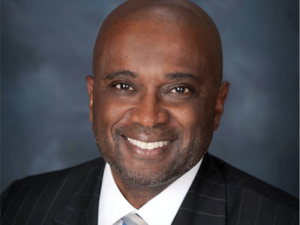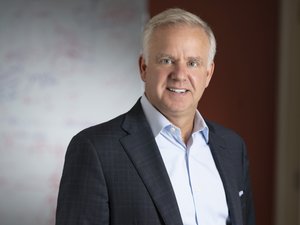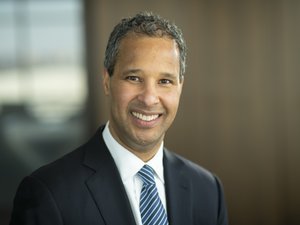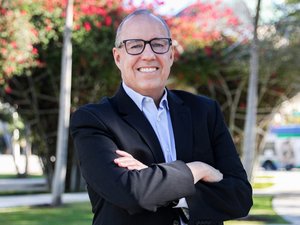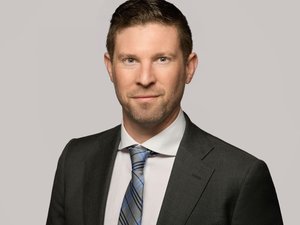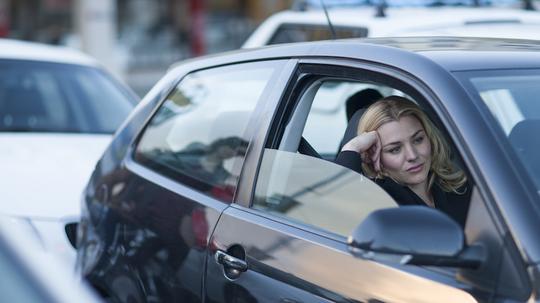
How many minutes have been wasted driving in Dupont Circle because someone got their food delivered, cable serviced or package dropped off? Probably too many.
That's where CurbFlow comes in. With designated city parking spaces, the new platform operates a digital queueing system for delivery or service parking. And it chose D.C. to be the world's first city to try out its technology.
CurbFlow is partnering with the District Department of Transportation to pilot the curbside management system at nine locations throughout the District this summer and fall. The parking spaces – “curbFlows” – will be available to all commercial operators, including those using personal vehicles.
If you are a fleet manager or commercial driver – or a courier or on-demand driver using your own vehicle – you’re eligible to register your vehicle on the platform now for free. Rideshare drivers and taxis are not yet eligible.
The system attempts to organize parking spots in a way that doesn't create traffic jams, delay business or endanger pedestrians and bicyclists – an all-too-likely scenario on D.C. streets.
It's starting out at nine annoyingly popular hotspots:
• 1200 block of 1st St. SE • 1200 block of H St. NE • 400 block of 8th St. SE • 1100 block of 4th St. SW • 300 block of Tingey St. SE • 200 block of 3rd St. SE • 700 block of Maine Ave. SW • 1400 block of 20th St. NW • 1000 Block of Wisconsin Ave. NW
DDOT has already been experimenting with pickup and drop-off solutions, and though it's ahead of most major U.S. metros, it hasn't yet found the right cocktail of apps and services. For the District and for CurbFlow, this pilot program has the goal of ironing out management flow and mining data about traffic and on-demand parking.
Though they're announcing the pilot now, CurbFlow and DDOT are conducting a public comment period before launching Aug. 1. For the pilot, the startup will have staff managing each spot, but its long-term management solution won't include onsite staff. Users can participate in the pilot program for free.
CEO Ali Vahabzadeh co-founded CurbFlow after selling his previous company Chariot, an app-based microtransit service, to Ford in 2016 (Ford shut down the service earlier this year). The goal for this new venture was solving the operational challenge he experienced at Chariot accessing the curb, and for cities to address that problem quickly and affordably.
"Major operators like UPS and on-demand food platform DoorDash have opted into curbFlow’s platform to realize better efficiencies and service, provide a better user experience for merchants and customers, and create a safer environment for their drivers," Vahabzadeh said in a blog post. "Taking back the curb by combining new technology with old-fashioned cooperation is the first step to achieving safer streets, more productive urban cores, and more equitable use of city space."
CurbFlow is based in San Francisco and its investors include General Catalyst, Initialized, Wonder Ventures and Urban Innovation Fund, among others. It plans to expand to five more cities by fall 2019.
